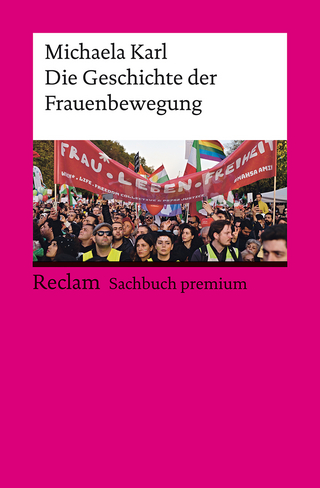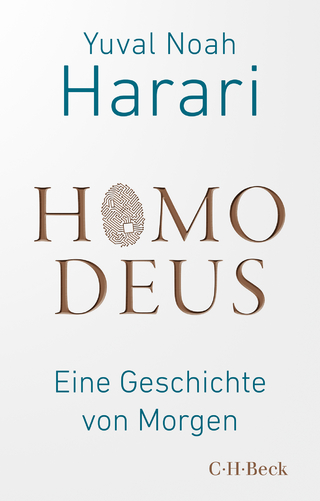
The Politics of Language in Puerto Rico
Seiten
2018
University Press of Florida (Verlag)
978-0-8130-6407-9 (ISBN)
University Press of Florida (Verlag)
978-0-8130-6407-9 (ISBN)
Analyses the controversial language policies passed by the Puerto Rican government in the 1990s. This book is also the first to explore the connections between language and cultural identity and politics on the Caribbean island.
This is the first book in English to analyze the controversial language policies passed by the Puerto Rican government in the 1990s. It is also the first to explore the connections between language and cultural identity and politics on the Caribbean island.Shortly after the U.S. invasion of Puerto Rico in 1898, both English and Spanish became official languages of the territory. In 1991, the Puerto Rican government abolished bilingualism, claiming that ""Spanish only"" was necessary to protect the culture from North American influences. A few years later bilingualism was restored and English was promoted in public schools, with supporters asserting that the dual languages symbolized the island's commitment to live in harmony with the United States.
While the islanders' sense of ethnic pride was growing, economic dependency enticed them to maintain close ties to the United States. This book shows that officials in both San Juan and Washington, along with English-first groups, used the language laws as weapons in the battle over U.S.-Puerto Rican relations and the volatile debate over statehood. It will be of interest to linguists, political scientists, students of contemporary cultural politics, and political activists in discussions of nationalism in multilingual communities.
This is the first book in English to analyze the controversial language policies passed by the Puerto Rican government in the 1990s. It is also the first to explore the connections between language and cultural identity and politics on the Caribbean island.Shortly after the U.S. invasion of Puerto Rico in 1898, both English and Spanish became official languages of the territory. In 1991, the Puerto Rican government abolished bilingualism, claiming that ""Spanish only"" was necessary to protect the culture from North American influences. A few years later bilingualism was restored and English was promoted in public schools, with supporters asserting that the dual languages symbolized the island's commitment to live in harmony with the United States.
While the islanders' sense of ethnic pride was growing, economic dependency enticed them to maintain close ties to the United States. This book shows that officials in both San Juan and Washington, along with English-first groups, used the language laws as weapons in the battle over U.S.-Puerto Rican relations and the volatile debate over statehood. It will be of interest to linguists, political scientists, students of contemporary cultural politics, and political activists in discussions of nationalism in multilingual communities.
Amílcar Antonio Barreto is professor of cultures, societies, and global studies at Northeastern University. He is the author of several books, including Nationalism and Its Logical Foundations, and is coeditor of American Identity in the Age of Obama.
| Erscheinungsdatum | 17.10.2018 |
|---|---|
| Verlagsort | Florida |
| Sprache | englisch |
| Maße | 152 x 229 mm |
| Gewicht | 378 g |
| Themenwelt | Sachbuch/Ratgeber ► Geschichte / Politik ► Allgemeines / Lexika |
| Geisteswissenschaften ► Geschichte ► Regional- / Ländergeschichte | |
| Geisteswissenschaften ► Philosophie ► Sprachphilosophie | |
| Sozialwissenschaften ► Politik / Verwaltung ► Politische Systeme | |
| Sozialwissenschaften ► Soziologie | |
| ISBN-10 | 0-8130-6407-4 / 0813064074 |
| ISBN-13 | 978-0-8130-6407-9 / 9780813064079 |
| Zustand | Neuware |
| Haben Sie eine Frage zum Produkt? |
Mehr entdecken
aus dem Bereich
aus dem Bereich


